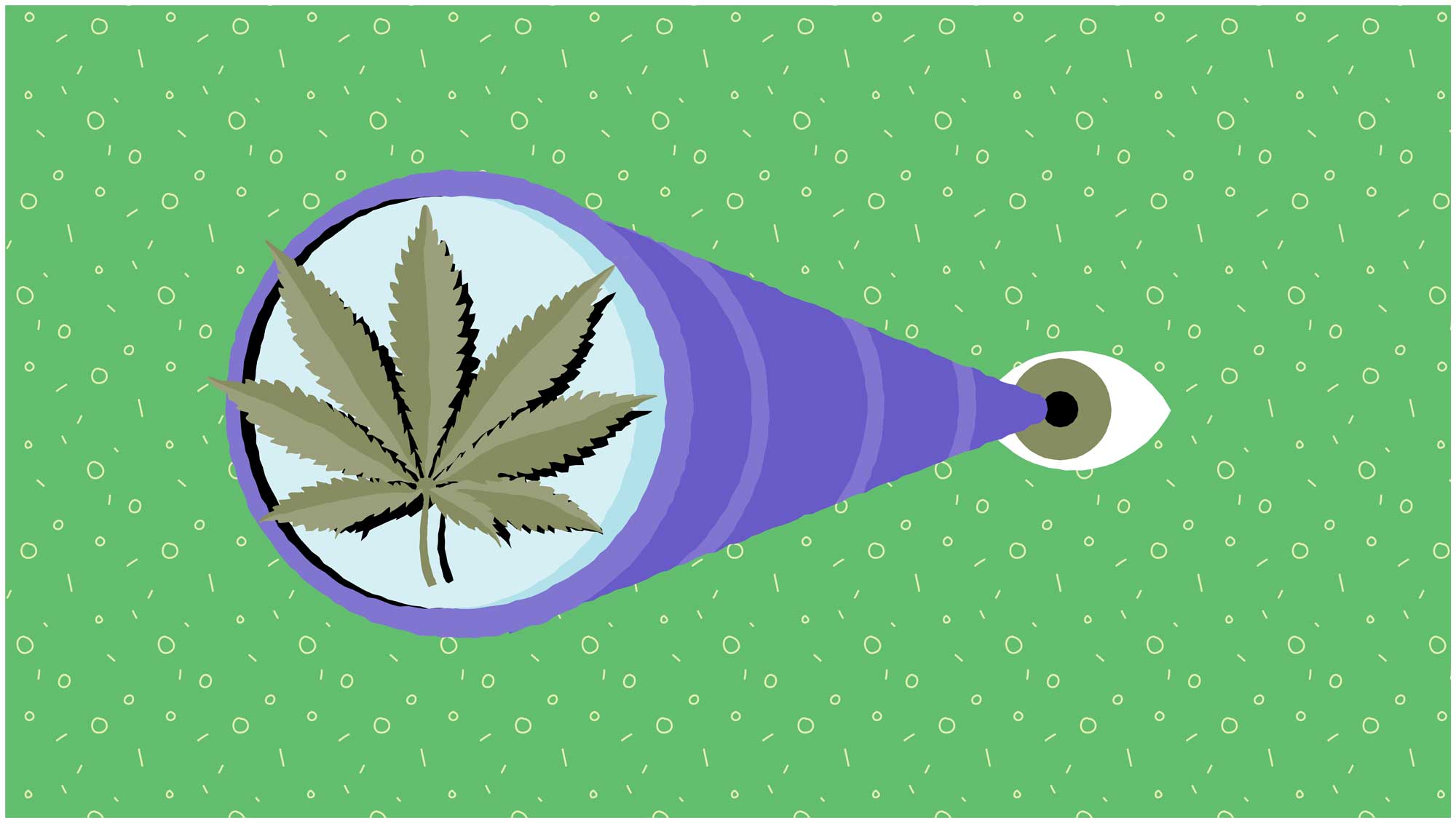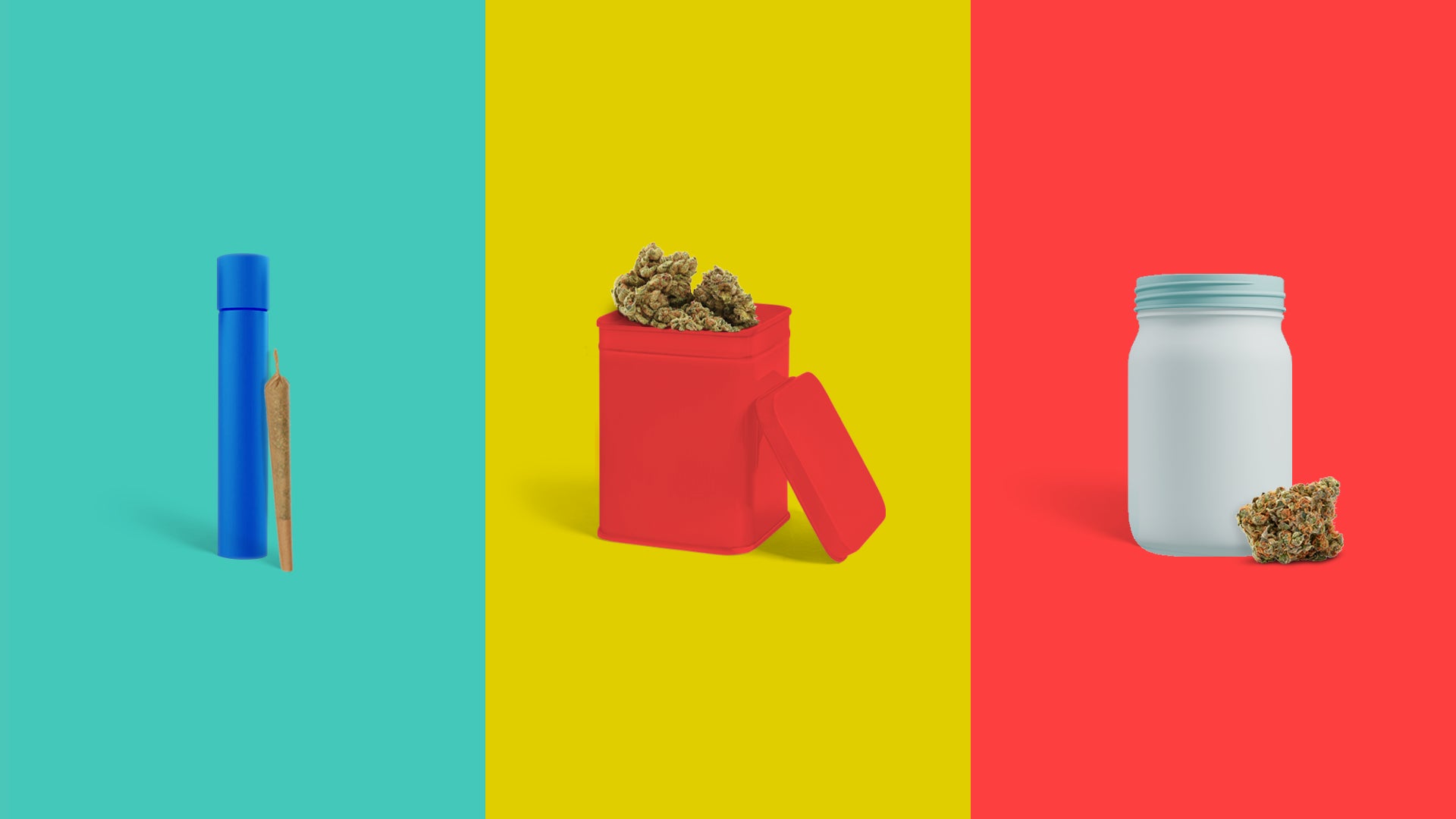If you know the basics about cannabis, you know that THC is what gets you high. If you know a little more about cannabis, you know that it contains both THC and CBD. If you know a lot about cannabis, then you know what CBD is and this article probably isn’t for you. If not, don’t worry, the cannabis landscape can be pretty overwhelming, and trying to navigate it can definitely cause some anxiety. We’re here to help.
CBD: What is it and why should I care?
Cannabidiol (or CBD for short) was first discovered in 1940 by Roger Adams and his colleagues at the University of Illinois, and the rest is history. Literally. It happened decades ago. Nowadays, CBD is one of the most well-known and studied phytocannabinoids (or cannabinoids produced by a plant).
People are becoming more and more interested in CBD, because it doesn’t produce the same intoxicating effects that THC does. In simpler terms, CBD won’t make you feel “high” like you would from THC.
But why?
THC binds to the CB1 receptors in your Endocannabinoid System to give you those intoxicating effects. CBD, on the other hand, doesn’t bind well to CB1 or CB2 receptors. That’s not to say you might not feel “different” after taking CBD, it just won’t be the same.
So...what does CBD do? It’s currently being studied for its therapeutic uses, which is another reason CBD has piqued peoples’ interest. The actual benefits of CBD oil and other CBD products haven’t been nailed down, but through anecdotal reviews, people have found it can help with certain issues.
Is all CBD the same?
There’s a lot of talk about hemp oil and CBD oil in the world right now, but is there actually a difference? The simple answer is no, but we never like taking the simple route. Where’s the fun in that?
Hemp is a part of the cannabis family, and is considered part of the subspecies Cannabis sativa. The CBD that’s harvested from hemp and the CBD harvested from cannabis is structurally the same.
Different cannabis varieties will have different proportions of cannabinoids and terpenes, but the CBD that comes from hemp is structurally identical to the CBD that comes from cannabis. So in that sense, yes, all CBD is technically the same.
Here’s where things get tricky, though. Not all CBD is sourced the same, so when you buy a product that isn’t legally regulated, you’re running the risk of receiving something that isn’t exactly what you think it will be. Without proper regulated testing, knowing the actual amount of CBD (or any other cannabinoid, for that matter) is impossible. Factor in that products coming from a non-licensed producer could use CBD that’s been treated with harsh fertilizers or chemicals, and you might find yourself in an unwanted situation.
Now you can see why simply saying “no” wasn’t going to cut it. All CBD is structurally the same when talking about it on a molecular level, but when it comes to CBD products, the answer depends on where you get it from.
How do THC and CBD work together?
When you purchase cannabis of any kind, you’ll notice that the amount of THC and CBD are both displayed. This is because CBD can act as a buffer against some of the effects of THC, so knowing the ratio can be helpful when making a decision. Health Canada recommends that recreational consumers “choose products with low amounts of THC and equal or higher amount of CBD.” These products or strains fall into two different categories: balanced or 1:1, and CBD dominant.
“Oh, so if I consume too much THC I can just take a bunch of CBD to help?” No. That’s not really how it works. In order for the CBD to lower the effects of THC, the cannabinoids need to be consumed together, which is why a 1:1 or CBD-dominant strain is recommended.
To recap: quick CBD facts
- CBD is a cannabinoid that doesn’t produce the same intoxicating effects as THC.
- All CBD is structurally the same.
- CBD can act as a buffer against the effects of THC, such as if consumed in a 1:1 strain.
- Lists are fun.



